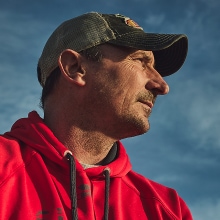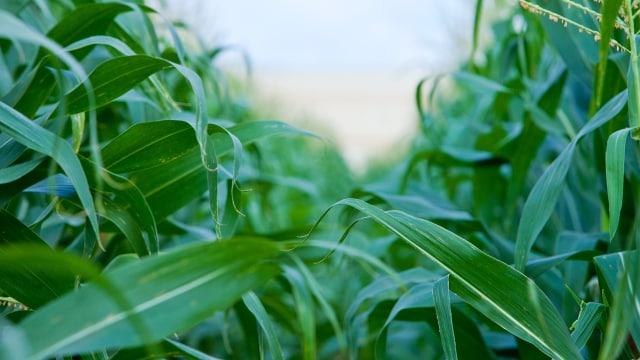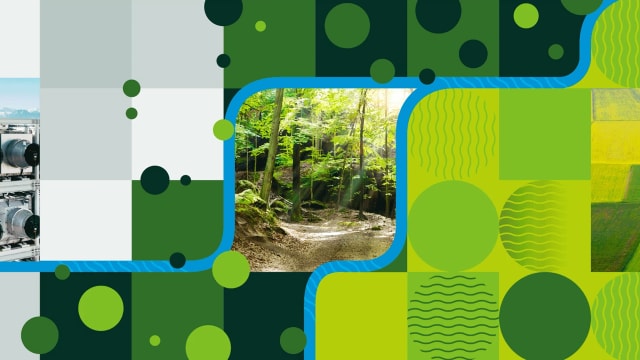Inspiration comes from farmers, like the Kalbs, as we keep innovating for better.
We’re focused on helping growers do more with less on their operations, this season and beyond. While they help feed the world, we’re right alongside them, driving toward a carbon-zero future for agriculture that benefits farmers and tackles climate change.
These positive changes happen from within the soil. Three major healthy soil practices can propel this forward: conservation tillage, carbon farming and biologicals.


— Shawn Kalb, Kalb Farms





















